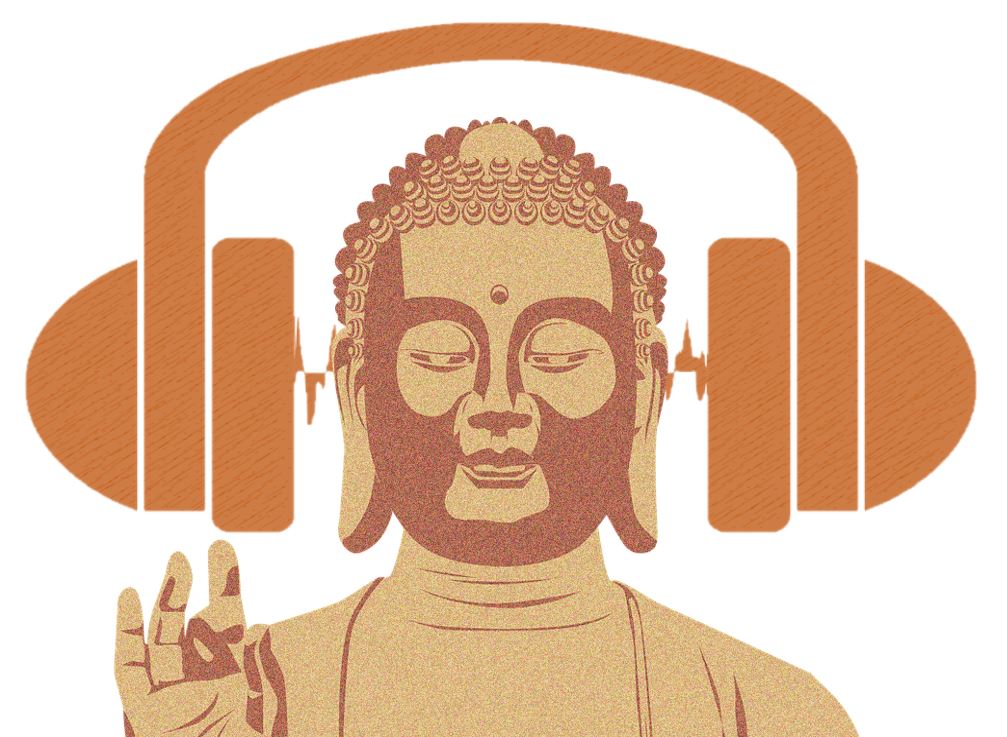
In this second part of our six-week exploration of the Noble Eightfold Path, we will delve into the three components of the training in sila, the development of ethical conduct. While some elements of the Path may sound theoretical or far from our experience, the practices of skillful speech, right action, and our very livelihood are at the heart of our everyday lives, whether or not we consider ourselves “Buddhist.” Connecting these areas of our life to the other Path factors like intention and mindfulness brings richness and depth to everyday activities, enhances the quality of our relationships, and brings ease and the “bliss of blamelessness” to our lives “off the cushion.” The mission of Sacramento Insight Meditation is to integrate “meditation practices and awareness in all aspects of individual, family, educational, institutional, work, and community life.” The training in sila is the way to do that.
